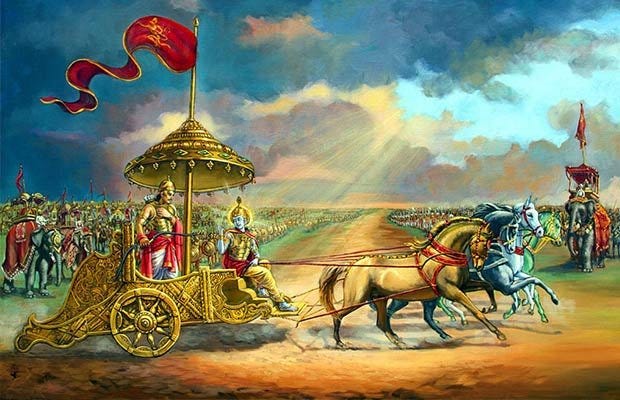This self-reflection journey has reshaped the way I live, think, and respond. It has taught me:
To be more organised - not just with tasks, but with thoughts.
To cultivate mindfulness, pausing often to be present in the moment.
Analysing myself isn't self-criticism, but a way to refine my behaviour.
If I’ve ever missed expressing thanks or gratitude, reflection gives me the space to acknowledge and make it right.
To explore new activities, even those outside my comfort zone.
And most importantly, to face the daily battles of the mind, especially during meditation, by not resisting thoughts, but gently observing and letting them pass.
It’s your battle Don’t measure it by what others mean. Their path is theirs; let yours unfold, No need to compare, no need to race, You’re walking yourself back into grace. Each thought you face, each breath you take, Is how your soul begins to wake.How to Use the Mahabharata for Self-Reflection
Read it as a Mirror: As you read about a character's dilemma, pause and ask, What would I have done in this situation? Why?
Identify Your Inner Kauravas: Recognize the destructive tendencies within yourself - your inner Duryodhana (envy), Dhritarashtra (attachment), or Shakuni (cunning manipulation).
Question Your Dharma: Reflect on your duties, to your family, your work, your community, and yourself.
The Complexity: Resist the urge to label characters as simply good or bad. Find the humanity in each one and see how their struggles mirror your own.
Your self-reflection doesn't need to be perfect - it just needs to be honest. You can write me back for the perfect journal template.
Thanks


